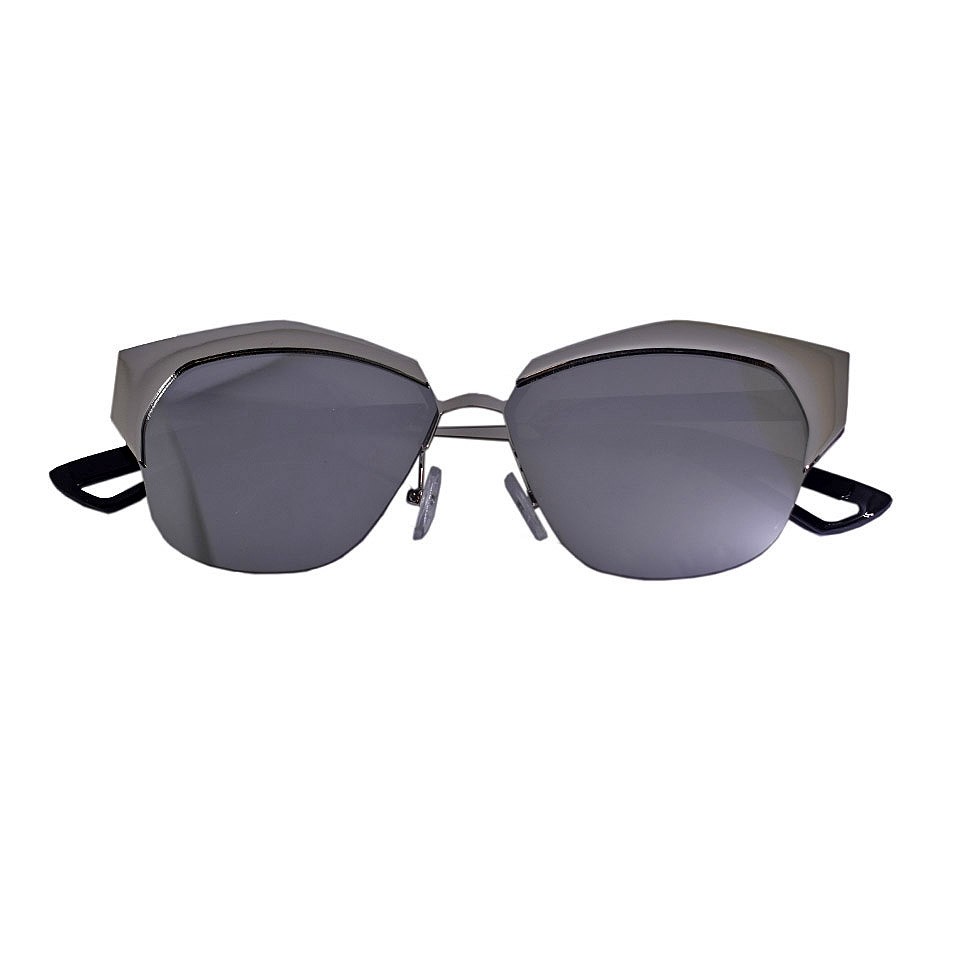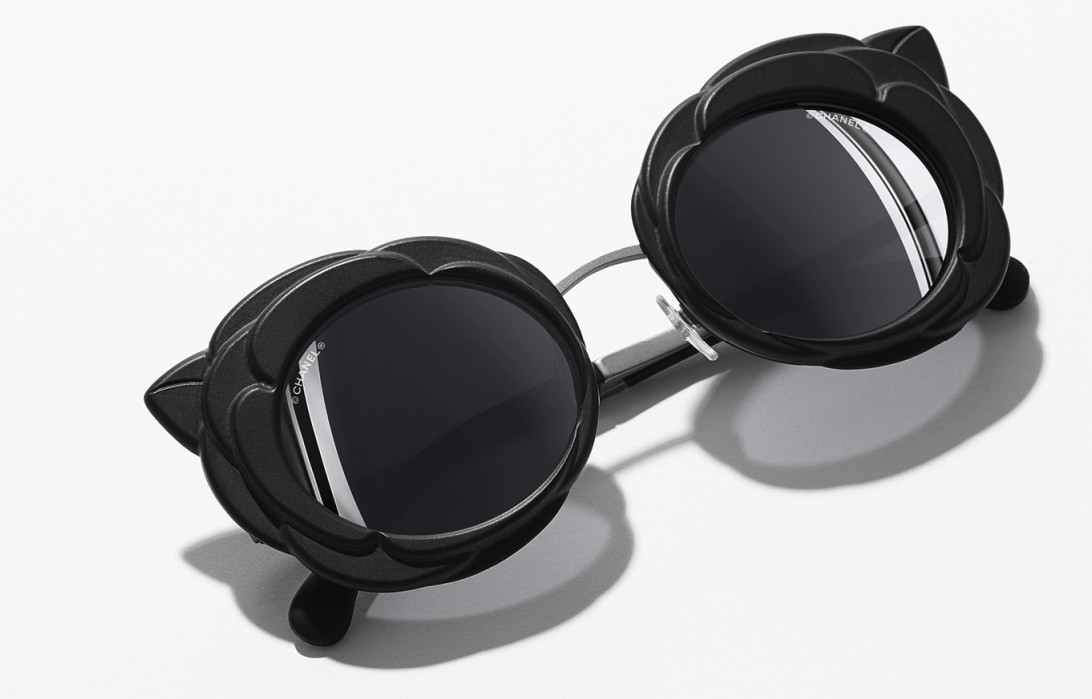
ART OF GLASS 1717 ΜΠΛΕ/ ΚΑΦΕ - Γυαλιά ηλίου online - Γυαλιά οράσεως online | ΕΙΡΗΝΗ ΚΑΤΣΟΥΡΑΚΗ - ΚΕΝΤΡΟ ΑΠΟΚΑΤΑΣΤΑΣΗΣ ΧΑΜΗΛΗΣ ΟΡΑΣΗΣ ΚΑΙ ΑΝΙΧΝΕΥΣΗΣ ΣΥΝΔΡΟΜΟΥ IRLEN (IRLEN -LOW VISION)

ART OF GLASS 1717 ΜΠΛΕ/ ΚΑΦΕ - Γυαλιά ηλίου online - Γυαλιά οράσεως online | ΕΙΡΗΝΗ ΚΑΤΣΟΥΡΑΚΗ - ΚΕΝΤΡΟ ΑΠΟΚΑΤΑΣΤΑΣΗΣ ΧΑΜΗΛΗΣ ΟΡΑΣΗΣ ΚΑΙ ΑΝΙΧΝΕΥΣΗΣ ΣΥΝΔΡΟΜΟΥ IRLEN (IRLEN -LOW VISION)

DOHOHDO Διαφανές Πλαίσιο Γυαλιών Υπολογιστή Γυναικείο Ανδρικό Αντι Μπλε Φως Στρογγυλά Γυαλιά Αποκλεισμού Γυαλιά Οπτικά Γυαλιά Οράσεως - Badu.gr

















